Launchpad for the global financial ecosystem
The draft proposes 12 specific policy groups to attract global investors and financial institutions. In the field of foreign exchange, transactions between members of the International Financial Center and international partners are allowed to use foreign currencies, with international borrowing and lending activities separated from foreign exchange management limits. Members that are organizations with 100% foreign capital are exempt from administrative procedures related to foreign exchange management, only needing to comply with the reporting regime. Regarding banking, credit institutions in the International Financial Center apply international accounting standards and a flexible roadmap on capital safety, creating a competitive environment on par with international standards.
Tax policies include corporate income tax incentives for priority projects, personal income tax for experts, and value-added tax for activities in the ITC. Immigration and labor policies are designed flexibly, allowing for the issuance of multiple-entry visas for a period of 5 years, temporary residence cards for 10 years, and work permit exemptions for foreign experts, in order to attract high-quality human resources to compete with centers such as Dubai or Singapore.
In the land sector, the draft allows land allocation for up to 70 years for priority projects and mortgages of land use rights at foreign credit institutions, supporting large-scale investment. Fintech and innovation policies are focused on, with a controlled testing mechanism, exemption from administrative or civil liability for unsuccessful testing due to objective reasons, encouraging innovation and reducing legal risks for startups.
The draft demonstrates a strategic vision through a decentralization mechanism. The Government is empowered to issue decrees to handle issues arising from differences with current laws, and report to the National Assembly at its next session. The People's Committees of Ho Chi Minh City and Da Nang are allowed to use domestic revenue and adjust fees and charges for 10 years to invest in the infrastructure of the International Financial Center. The agency that manages and supervises the International Financial Center is allowed to issue legal documents, ensuring flexibility in management.
Regarding organization, the draft stipulates the establishment of an Executive Agency, a Supervisory Agency in the two cities and an International Arbitration Center to resolve financial disputes. The Arbitration Center has a final mechanism, with the judgment being immediately enforceable if the parties agree, creating an investor-friendly legal environment. The draft emphasizes green finance, encouraging carbon credit transactions and green financial products, contributing to sustainable economic development.
To ensure stability and attract investment, the draft proposes a 10-year pilot period, after which the Government will report to the National Assembly on March 30, 2034 for consideration of promulgating the Law on International Financial Transactions. This provision addresses investors’ concerns about legal instability, learning from the Hong Kong lesson. Projects approved during the effective period of the resolution will continue to enjoy incentives until the end.
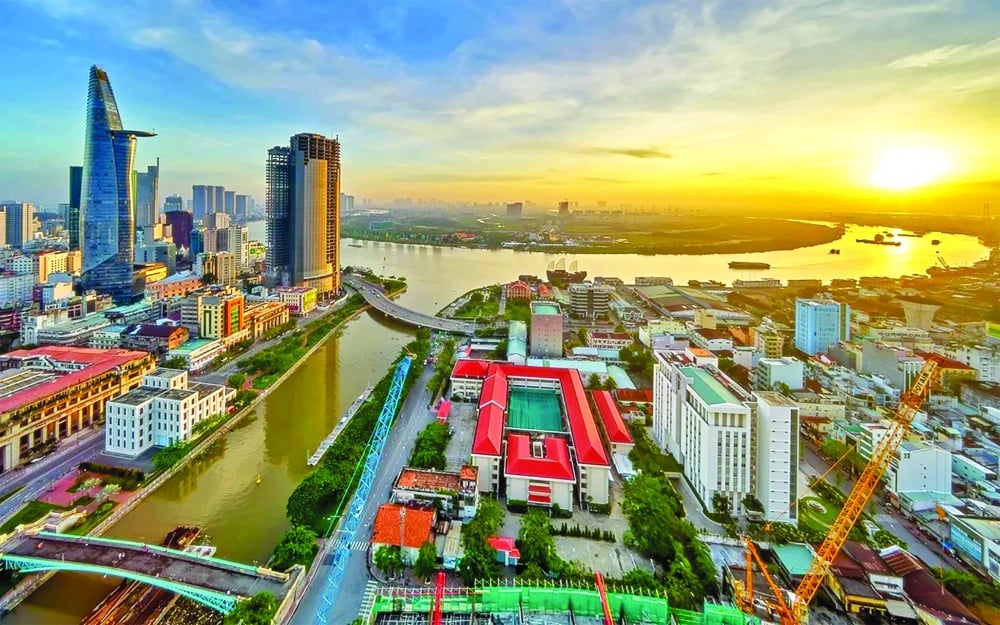 |
| It is necessary to issue a resolution to complete the legal framework, helping the International Financial Center operate according to international standards, connecting with other centers around the world. |
Perfecting the legal framework, ensuring constitutionality and controlling risks
The Standing Committee of the National Assembly's Economic and Financial Committee highly appreciated the Government's efforts in developing the draft, affirming that the basic dossier meets the requirements for submission to the National Assembly at the 9th Session. However, the Committee requested additional assessments of economic impacts, financial risks and international experience suitable for Vietnam. The draft needs to ensure constitutionality and institutionalization in accordance with Conclusion No. 47-TB/TW of the Politburo, proposing breakthrough policies to compete with centers such as Singapore or Dubai.
The Committee recommends that the Resolution only stipulates the content of principles, and assigns the Government and the two cities to issue detailed guidance documents to ensure flexibility. The regulation allowing the Government to issue decrees to handle issues different from current laws is considered inconsistent with Conclusion No. 47-TB/TW and Document No. 178 of the Politburo on power control. The Committee proposes to consult the Politburo and add regulations on the responsibility of issuance to avoid abuse of power or legal instability.
The establishment of the International Financial Center in both Ho Chi Minh City and Da Nang is considered creative, but it is necessary to clarify the basis, the relationship between the two facilities and the coordination mechanism to promote their own advantages. Ho Chi Minh City can focus on the capital market and international banking, while Da Nang is suitable for green finance and offshore services. The management mechanism needs to ensure healthy competition and avoid overlap.
The committee analyzed 12 specific policy groups, emphasizing the creation of an attractive investment environment without causing national financial risks. The policy of unlimited lending to domestic economic organizations and exemption from foreign exchange management for overseas investment requires a control mechanism to prevent money laundering and financial fraud. Foreign exchange and banking policies need to stipulate the responsibility for issuance to protect the safety of the banking system.
Regarding tax, the Committee recommends reviewing incentives to avoid violating international commitments, especially the global minimum tax and monitoring enterprises operating in and outside the ITC to avoid budget losses. Regarding labor, the outstanding high income incentives are supported, but the competent authority needs to be consulted due to conflicts with Resolution No. 27-NQ/TW. Regarding land, the Committee requests clarification of the legal basis for land recovery and consideration of risks when allowing foreign enterprises to mortgage land use rights.
In infrastructure development, the 10-year domestic revenue retention and the increase in local budget deficits could put pressure on the central budget. The committee proposed that the two cities increase their budget revenues and increase the deficit only when necessary, with the approval of the National Assembly. In dispute resolution, the committee supports the International Arbitration Center but requires clarification of the model, the validity of the judgments and the advantages over the current mechanism. The committee proposed to remove the exemption from liability provision, emphasizing that all policies must comply with the law and regulations of the Party.
Source: https://thoibaonganhang.vn/dot-pha-ve-chinh-sach-de-xay-dung-trung-tam-tai-chinh-quoc-te-163181.html


![[Photo] Prime Minister Pham Minh Chinh receives Ambassador of the French Republic to Vietnam Olivier Brochet](https://vphoto.vietnam.vn/thumb/1200x675/vietnam/resource/IMAGE/2025/5/13/f5441496fa4a456abf47c8c747d2fe92)
![[Photo] President Luong Cuong awarded the title "Heroic City" to Hai Phong city](https://vphoto.vietnam.vn/thumb/1200x675/vietnam/resource/IMAGE/2025/5/13/d1921aa358994c0f97435a490b3d5065)
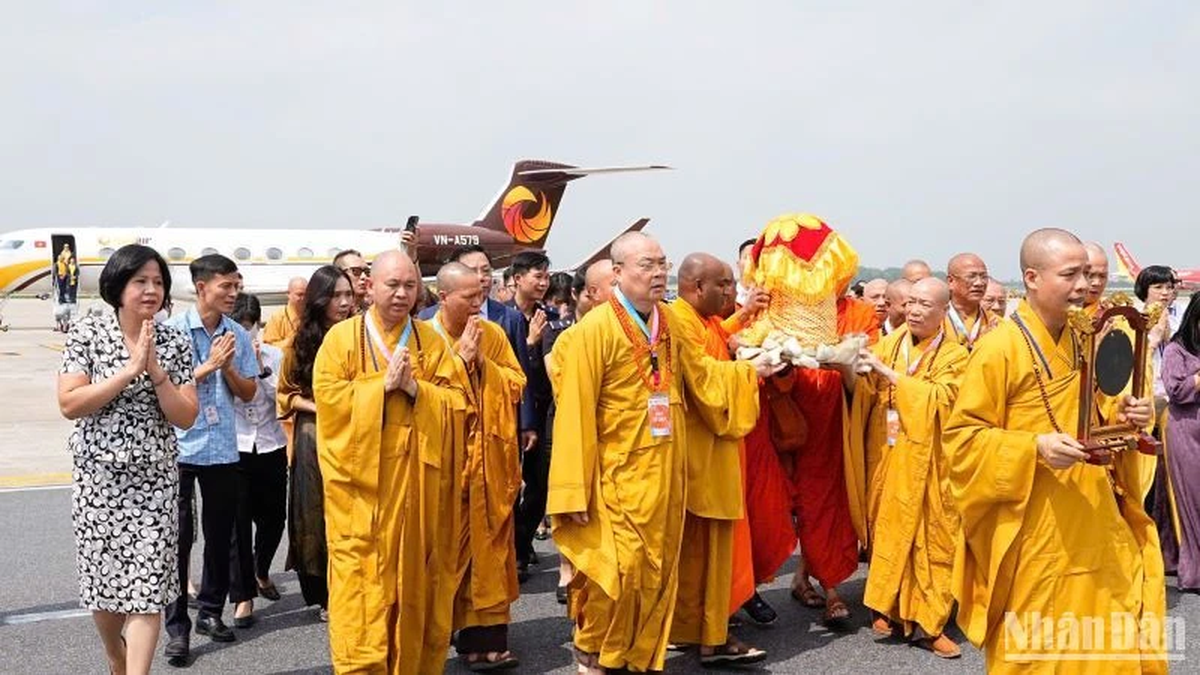
![[Photo] President Luong Cuong attends the inauguration of the international container port in Hai Phong](https://vphoto.vietnam.vn/thumb/1200x675/vietnam/resource/IMAGE/2025/5/13/9544c01a03e241fdadb6f9708e1c0b65)
![[Photo] Many people in Hanoi welcome Buddha's relics to Quan Su Pagoda](https://vphoto.vietnam.vn/thumb/1200x675/vietnam/resource/IMAGE/2025/5/13/3e93a7303e1d4d98b6a65e64be57e870)





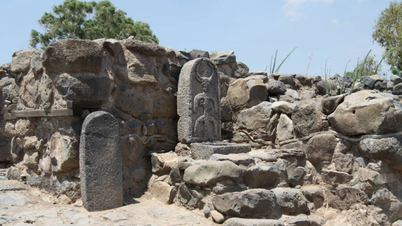





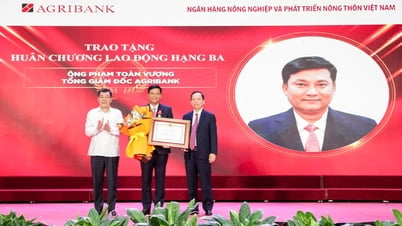
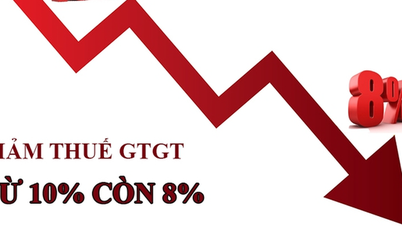

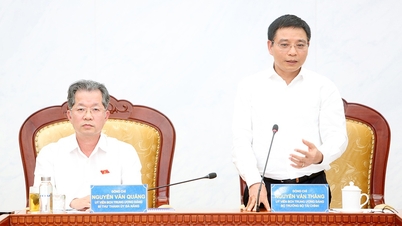
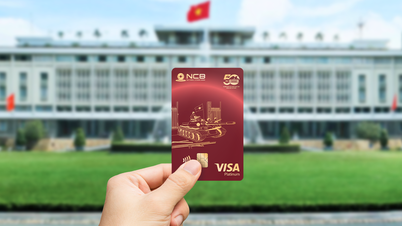


















































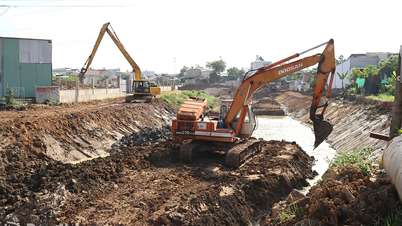




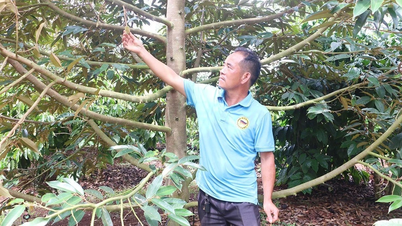

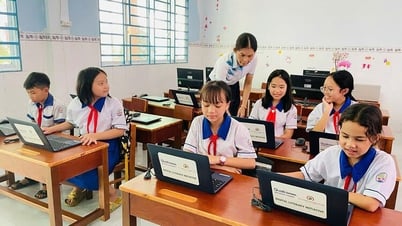











Comment (0)